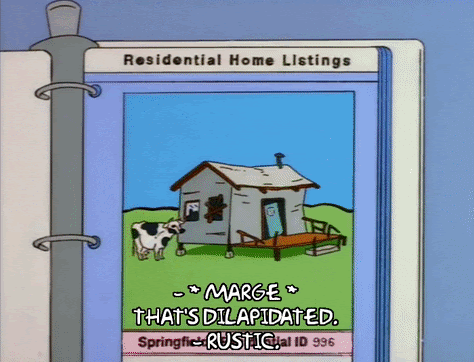
TL; DR
Full story
-
Uber Eats became a thing → food delivery was suddenly more accessible/easier to purchase → the food delivery market grew.
-
Internet-connected devices became portable (phones, laptops, etc.) → Netflix streaming launched → we all started consuming more film and TV.
-
Natalie Imbruglia let her go Big hit ‘Torn’ from 1997 → we’ve all learned how to feel things → we get teary every time we hear it.
(No? Okay, robot.)
The point of the first two is: if you can make something cheaper or more easily accessible (bonus points for both), more people will use it.
And that is what tokenized real estate aims to achieve.
Now we’ll admit it…
In an industry where billions of dollars are poured into bringing sci-fi concepts like “the metaverse” to life, the term “tokenized real estate” comes across as a total snoozefest.
Which – it’s kind of — But! There’s a reason why all the ‘big dogs’ of the global financial industry are pushing for this…
Here is the dream:
-
No more personal auctions.
-
No more jumping between marketplaces to find the properties you want (Zillow → Redfin → Opendoor).
-
And Certainly no more filtering your listings through a human agent… no more agents – period!
By “tokenizing” properties (aka converting the title deed into a tradable NFT) an open and decentralized global real estate marketplace can be built.
More important: all ‘middleman’ fees can be eradicated.
The most important: tokenized real estate would be another step towards everyday life a self-sovereign financial life outside of the traditional banking system.
(I.e. using crypto lending markets to buy tokenized real estate).
Not bad. Not bad at all.

